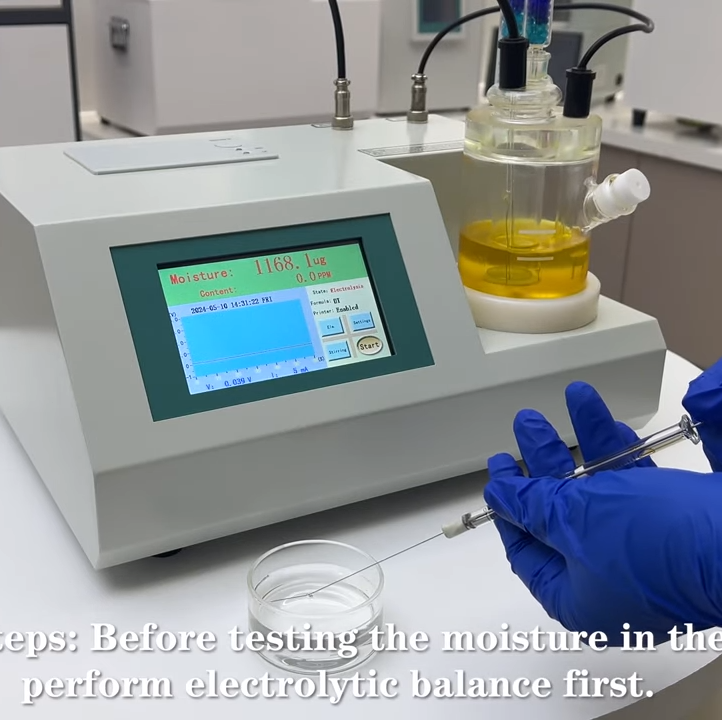 English
English



-
 Afrikaans
Afrikaans -
 Albanian
Albanian -
 Amharic
Amharic -
 Arabic
Arabic -
 Armenian
Armenian -
 Azerbaijani
Azerbaijani -
 Basque
Basque -
 Belarusian
Belarusian -
 Bengali
Bengali -
 Bosnian
Bosnian -
 Bulgarian
Bulgarian -
 Catalan
Catalan -
 Cebuano
Cebuano -
 China
China -
 China (Taiwan)
China (Taiwan) -
 Corsican
Corsican -
 Croatian
Croatian -
 Czech
Czech -
 Danish
Danish -
 Dutch
Dutch -
 English
English -
 Esperanto
Esperanto -
 Estonian
Estonian -
 Finnish
Finnish -
 French
French -
 Frisian
Frisian -
 Galician
Galician -
 Georgian
Georgian -
 German
German -
 Greek
Greek -
 Gujarati
Gujarati -
 Haitian Creole
Haitian Creole -
 hausa
hausa -
 hawaiian
hawaiian -
 Hebrew
Hebrew -
 Hindi
Hindi -
 Miao
Miao -
 Hungarian
Hungarian -
 Icelandic
Icelandic -
 igbo
igbo -
 Indonesian
Indonesian -
 irish
irish -
 Italian
Italian -
 Japanese
Japanese -
 Javanese
Javanese -
 Kannada
Kannada -
 kazakh
kazakh -
 Khmer
Khmer -
 Rwandese
Rwandese -
 Korean
Korean -
 Kurdish
Kurdish -
 Kyrgyz
Kyrgyz -
 Lao
Lao -
 Latin
Latin -
 Latvian
Latvian -
 Lithuanian
Lithuanian -
 Luxembourgish
Luxembourgish -
 Macedonian
Macedonian -
 Malgashi
Malgashi -
 Malay
Malay -
 Malayalam
Malayalam -
 Maltese
Maltese -
 Maori
Maori -
 Marathi
Marathi -
 Mongolian
Mongolian -
 Myanmar
Myanmar -
 Nepali
Nepali -
 Norwegian
Norwegian -
 Norwegian
Norwegian -
 Occitan
Occitan -
 Pashto
Pashto -
 Persian
Persian -
 Polish
Polish -
 Portuguese
Portuguese -
 Punjabi
Punjabi -
 Romanian
Romanian -
 Russian
Russian -
 Samoan
Samoan -
 Scottish Gaelic
Scottish Gaelic -
 Serbian
Serbian -
 Sesotho
Sesotho -
 Shona
Shona -
 Sindhi
Sindhi -
 Sinhala
Sinhala -
 Slovak
Slovak -
 Slovenian
Slovenian -
 Somali
Somali -
 Spanish
Spanish -
 Sundanese
Sundanese -
 Swahili
Swahili -
 Swedish
Swedish -
 Tagalog
Tagalog -
 Tajik
Tajik -
 Tamil
Tamil -
 Tatar
Tatar -
 Telugu
Telugu -
 Thai
Thai -
 Turkish
Turkish -
 Turkmen
Turkmen -
 Ukrainian
Ukrainian -
 Urdu
Urdu -
 Uighur
Uighur -
 Uzbek
Uzbek -
 Vietnamese
Vietnamese -
 Welsh
Welsh -
 Bantu
Bantu -
 Yiddish
Yiddish -
 Yoruba
Yoruba -
 Zulu
Zulu
electric current generator
The Electric Current Generator An Overview
Electric current generators play a pivotal role in our modern world, powering everything from homes to industries and even transportation systems. At its core, a generator is a device that converts mechanical energy into electrical energy, enabling the flow of electric current. Understanding how these generators operate can not only spark interest in electrical engineering but also provide insights into sustainable energy solutions.
Basic Operation
The fundamental principle behind an electric current generator is electromagnetic induction, a phenomenon discovered by Michael Faraday in the 19th century. When a conductor, such as a copper coil, is moved through a magnetic field, an electric current is induced in the coil. This is the basic operational technique for most generators, regardless of their size or application.
Types of Generators
There are several types of electric current generators, each with distinct mechanisms and applications. The most common types include
1. AC Generators (Alternators) These generators produce alternating current (AC), which reverses direction periodically. AC generators are widely used in power plants to supply electricity to the grid. They are efficient and capable of producing large amounts of power.
2. DC Generators Unlike AC generators, DC generators produce direct current (DC), which flows in a single direction. While less common in large scale applications today, DC generators are still used in applications where battery charging and other specific power requirements are essential.
electric current generator

3. Synchronous Generators These generators operate in synchronization with the grid frequency, providing stable and reliable electrical output. They are typically used in large-scale power generation facilities.
4. Asynchronous Generators Often used in wind turbines, these generators do not require synchronization with the grid. They can adjust their output based on the wind speed, making them ideal for harnessing renewable energy.
Applications
Electric current generators are used in a wide range of applications. In residential settings, small-scale generators are often used as backup power sources during outages. Industries rely on larger generators for continuous operations, particularly in remote areas where connecting to the electrical grid is impractical. Additionally, portable generators provide power for outdoor events and construction sites.
In recent years, the emphasis on renewable energy has led to the development of innovative generator designs. For instance, wind and solar generators utilize natural resources to produce clean electricity, contributing to sustainability efforts and reducing reliance on fossil fuels. With the global push towards greener energy solutions, the role of electric current generators is becoming more critical than ever.
Future Trends
The future of electric current generators is likely to be shaped by advancements in technology and an increasing focus on sustainability. Innovations such as smart grids and energy storage systems are enhancing the efficiency and effectiveness of generators. Moreover, developments in materials science may lead to more efficient and compact generator designs, further improving their performance.
In conclusion, electric current generators are integral to modern society, providing the electricity that powers our daily lives. Their ability to convert mechanical energy into electrical energy through principles of electromagnetic induction allows for a multitude of applications across various industries. As we continue to embrace renewable energy sources and seek more sustainable solutions, electric current generators will remain at the forefront of this transformation, evolving to meet the growing demands for clean, reliable energy.
-
Exploring the Main Types of Industrial Endoscopes and Their Applications Across IndustriesNewsJul.04,2025
-
Testing Equipment Industry Sees Major Advancements in 2025: Smart & Precision Technologies Lead the WayNewsJun.06,2025
-
Applications of Direct Current Generators in Renewable Energy SystemsNewsJun.05,2025
-
Hipot Tester Calibration and Accuracy GuidelinesNewsJun.05,2025
-
Digital Circuit Breaker Analyzer Features and BenefitsNewsJun.05,2025
-
Benefits of Real-Time Power Quality Monitoring Devices for Industrial EfficiencyNewsJun.05,2025



